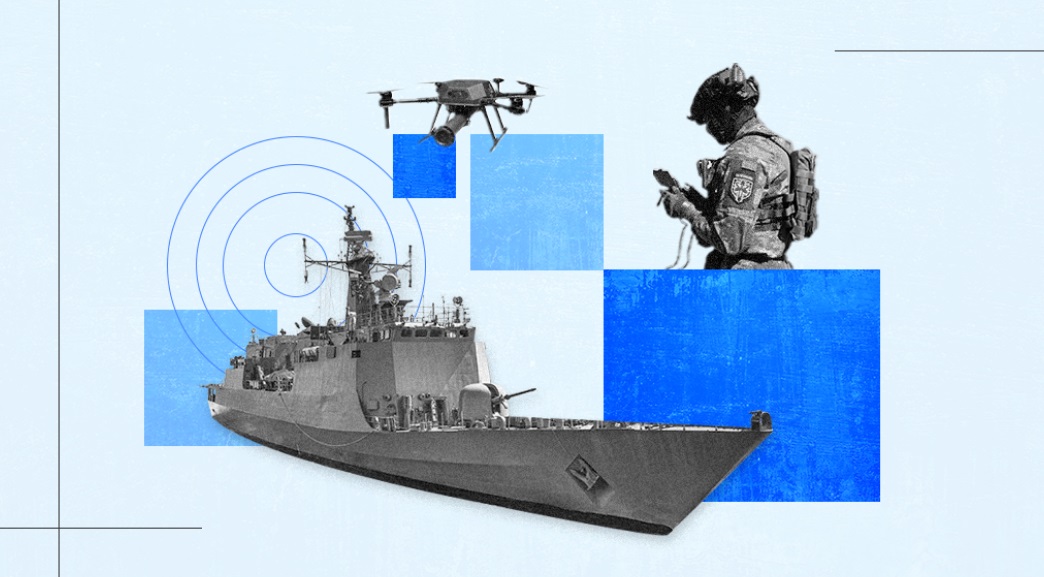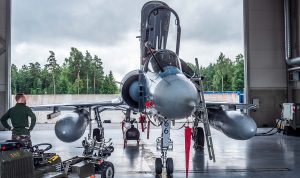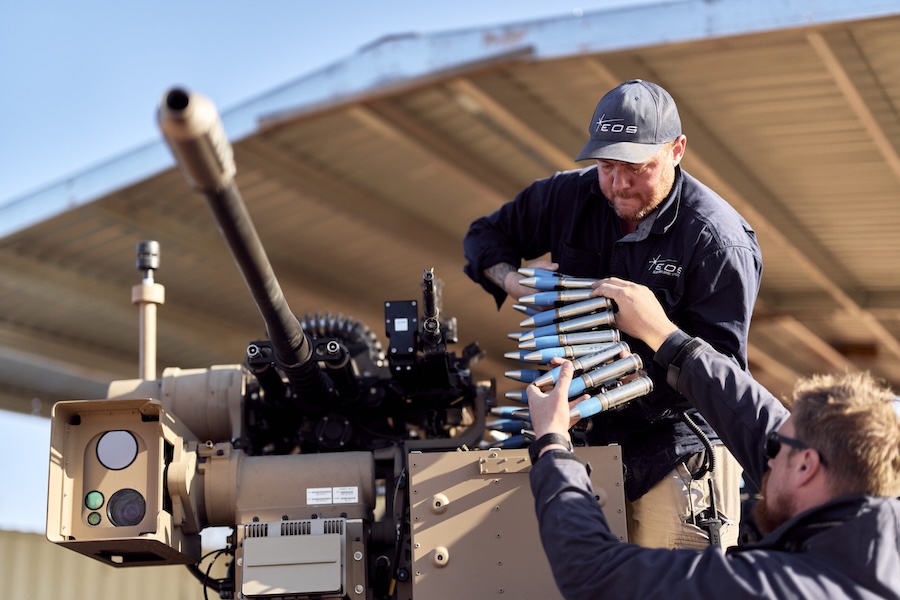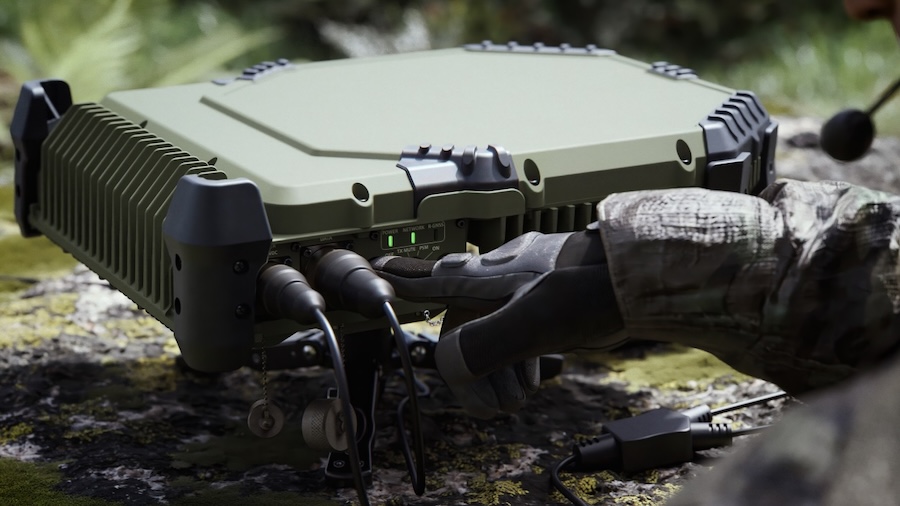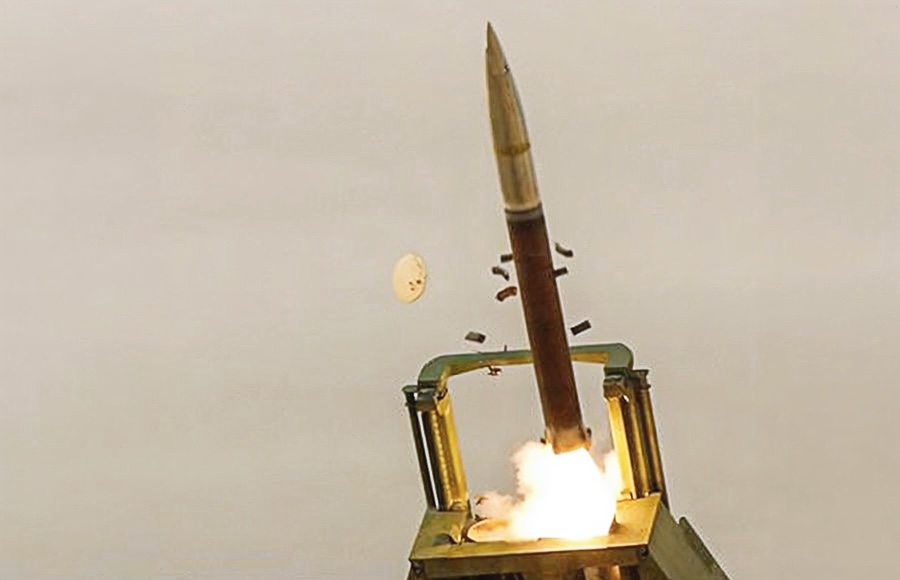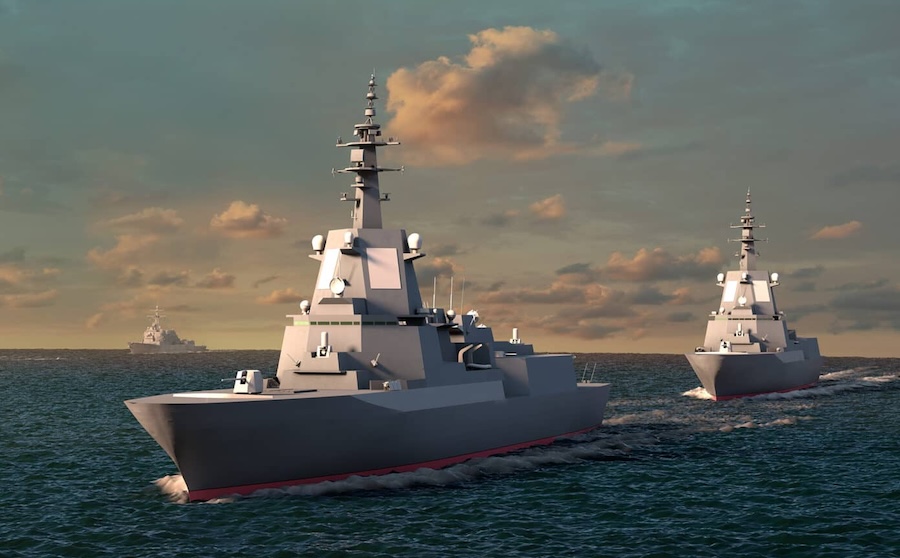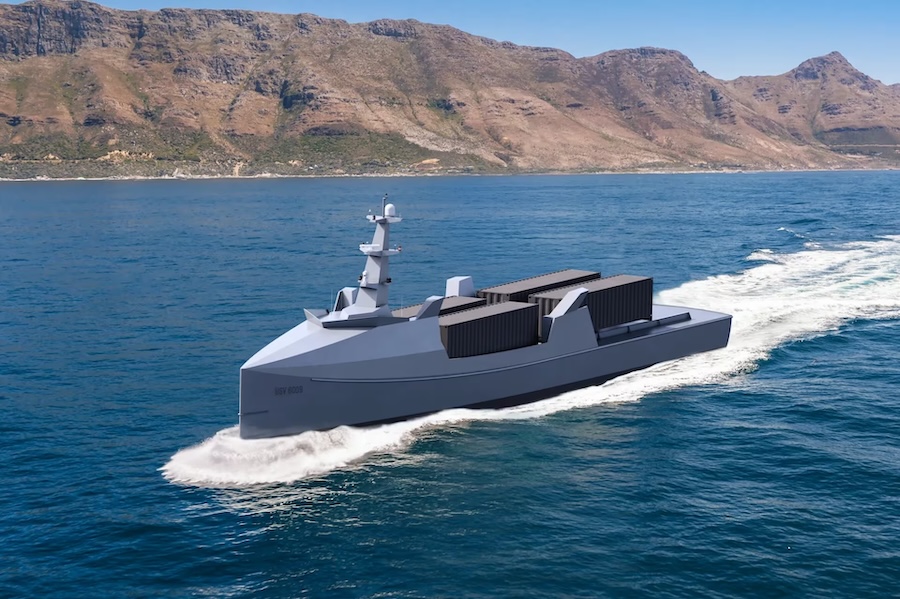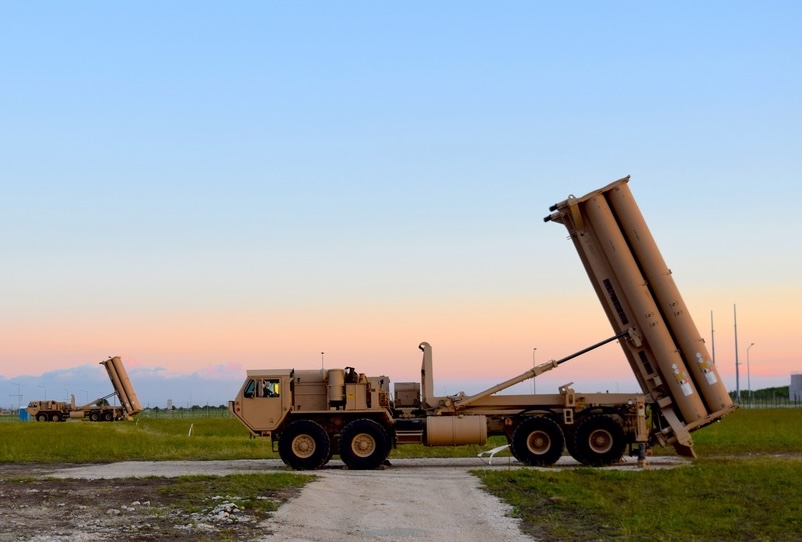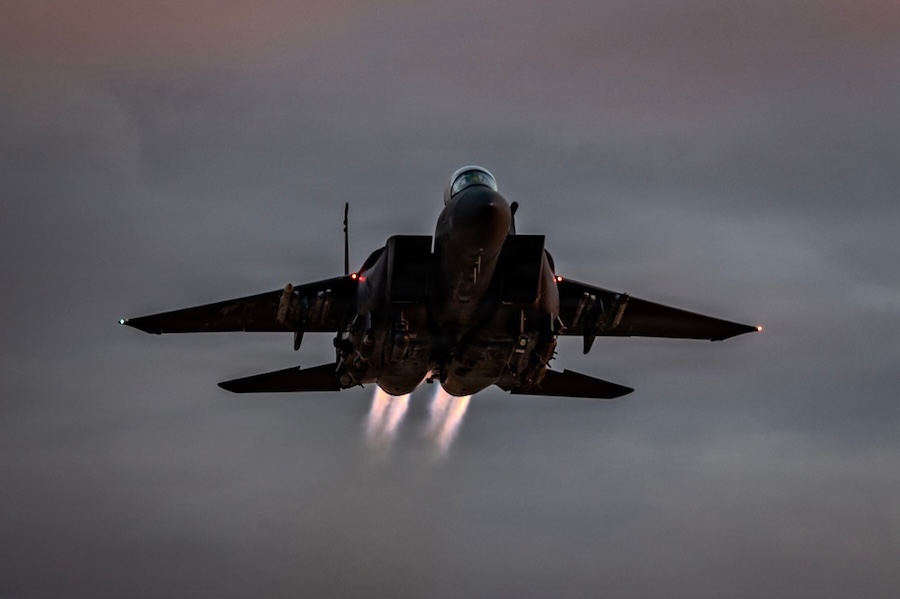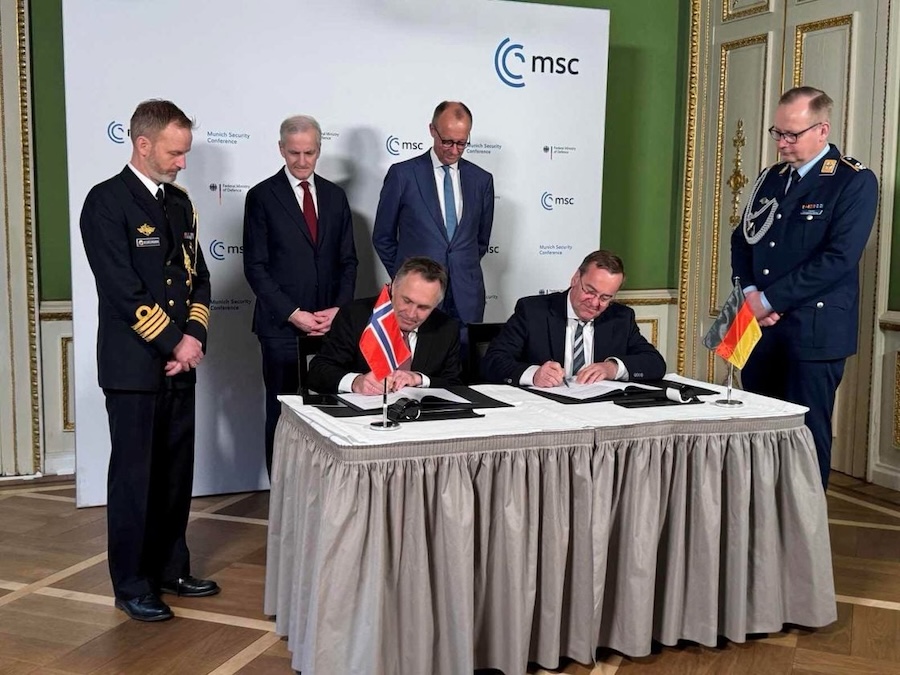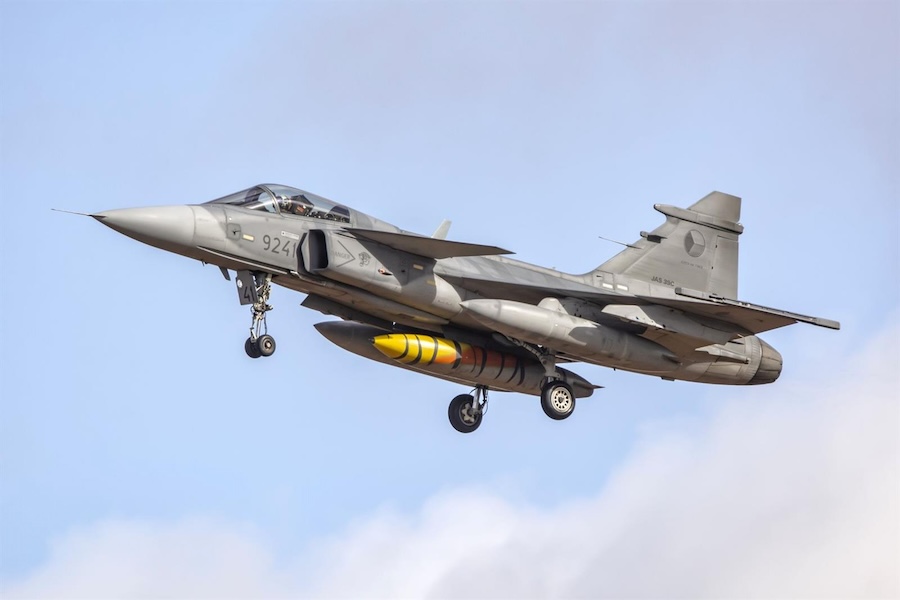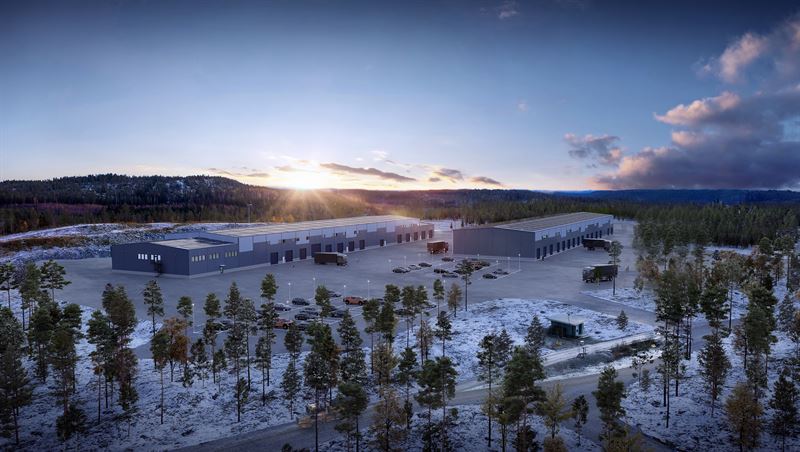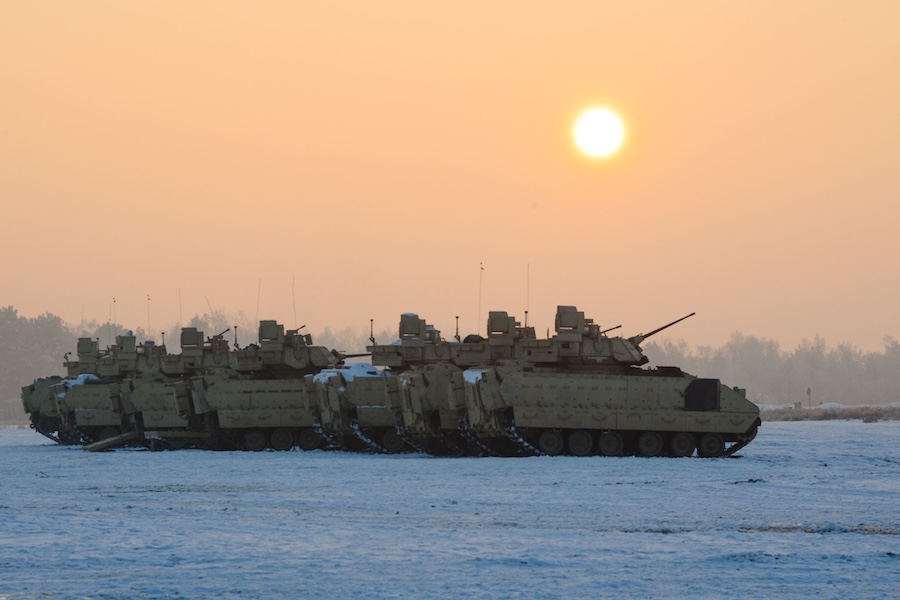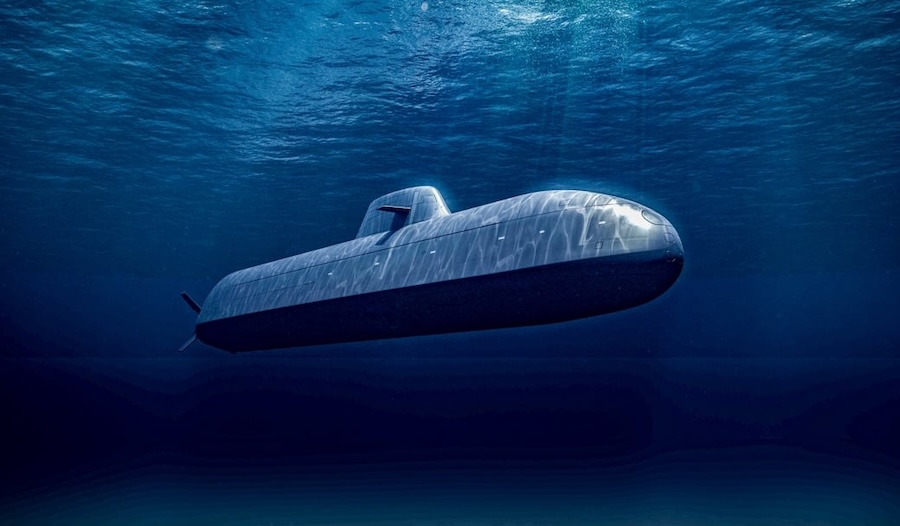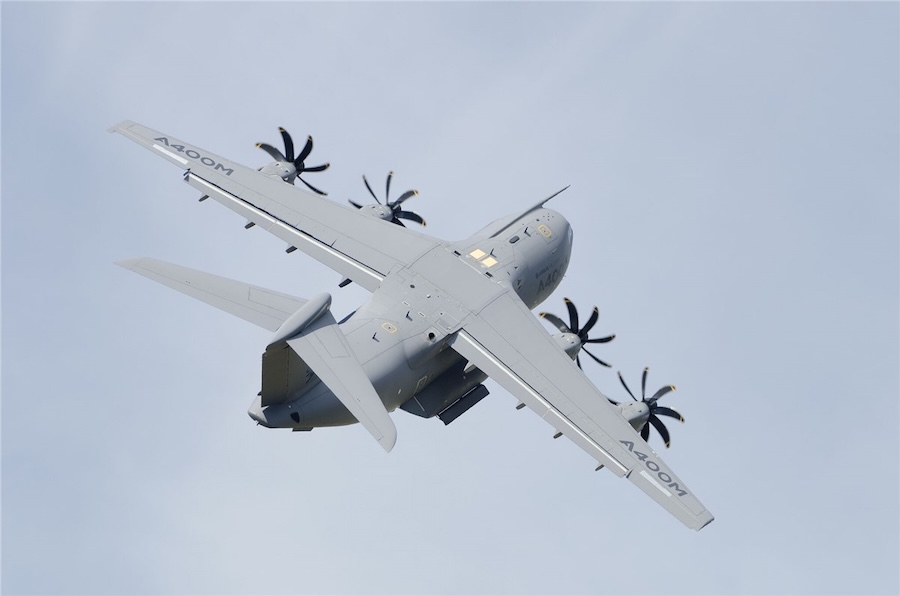SAFE will finance urgent and large-scale investments by offering competitively priced, long-maturity loans to member states, based on national plans. These loans will primarily support joint procurement initiatives involving at least two participating countries to promote efficiency and interoperability across the EU.
To respond to the current geopolitical context, the regulation allows, for a limited period, procurements by a single member state. The initiative also enables closer cooperation with third countries, allowing Ukraine and EEA-EFTA nations to participate on equal terms and contribute to or benefit from joint procurement activities.
Acceding, candidate and potential candidate countries, as well as nations with EU Security and Defence Partnerships, such as the United Kingdom, may also join common procurements. Additional bilateral or multilateral agreements may further open up eligibility conditions for these partners.
“The more we invest in our security and defence, the better we deter those who wish us harm,” said Adam Szłapka, Polish Minister for the European Union. He hailed the agreement as “the first large-scale defence investment programme on the EU level worth €150 billion,” calling it “a success of the presidency, but of the EU as a whole.”
SAFE-funded activities will align with priority areas set by the European Council on 6 March 2025. These fall into two categories: category one includes ammunition, artillery systems, soldier equipment, cyber capabilities, and military mobility; category two covers air and missile defence, naval systems, drones, space assets, and electronic warfare.
Category two projects will be subject to stricter eligibility rules, requiring contractors to retain design authority over the procured defence systems. For all categories, at least 65% of component costs must come from within the EU, EEA-EFTA states, or Ukraine.
The EU underlined its continued commitment to NATO and transatlantic security cooperation. SAFE aims to reinforce industrial ties, promote interoperability, and ensure mutual access to advanced defence technologies among trusted partners.
Source: Council of the European Union.


